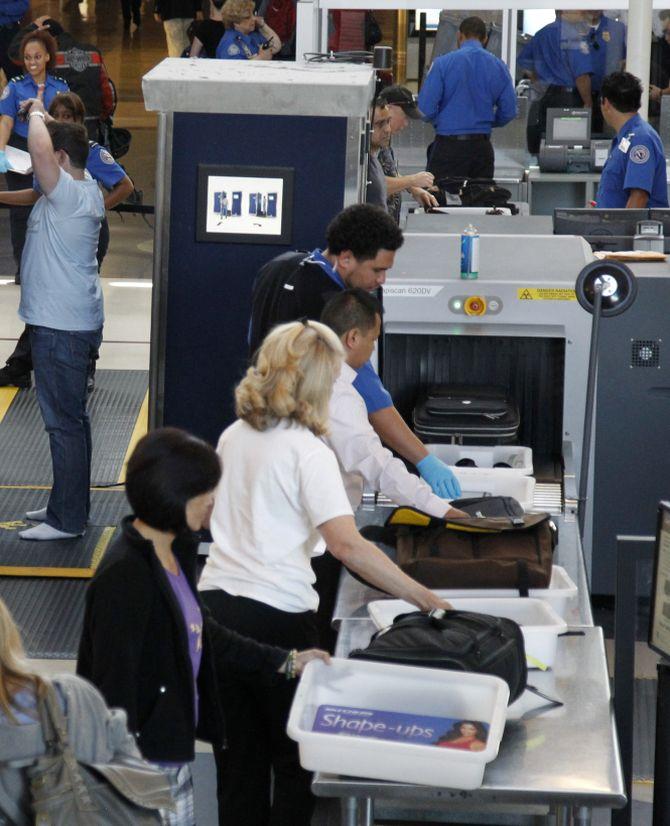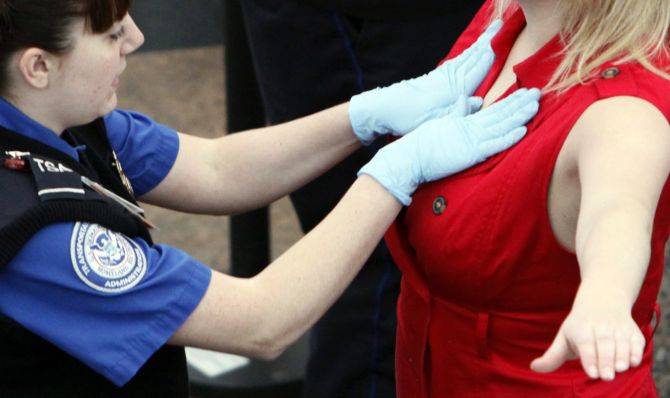 | « Back to article | Print this article |
Flying to the US? Keep your phones, laptop charged, or face extra screening
In a bid to enhance security at overseas airports that have direct flights to it, the United States has said electronic devices like cellphones and laptops that fail to power up will not be allowed on planes and their owners may have to undergo extra screening before boarding.
The US’ Transportation Security Administration said on Sunday that security screeners at overseas airports may ask US-bound passengers to turn on their electronic devices to prove they work and are not explosive devices. “As the travelling public knows, all electronic devices are screened by security officers. During the security examination, officers may also ask that owners power up some devices, including cell phones,” the TSA said in a statement.
“Powerless devices will not be permitted on board the aircraft. The traveller may also undergo additional screening,” it said.
Please click NEXT to read more…
Flying to the US? Keep your phones, laptop charged, or face extra screening
Last week, Secretary of Homeland Security Jeh Johnson directed TSA to implement enhanced security measures at certain overseas airports with direct flights to the US.
The TSA said it will continue to adjust security measures to ensure that travellers are guaranteed the highest levels of aviation security conducted as conveniently as possible.
The steps come as part of an update to security measures aimed at combating potential new threats from terrorists in the Middle East and Europe.
The TSA would have to coordinate with the foreign governments which provide security at airports in their countries, along with the airlines and private security companies.
“Our job is to try to anticipate the next attack, not simply react to the last one. And so we continually evaluate the world situation, and we know that there remains a terrorist threat to the United States, and aviation security is a large part of that,” Johnson said, adding “This is not something to overreact to or over-speculate about.”
A homeland security official said last week that the changes would primarily focus on airports in Europe and the Middle East. The effort does not involve changes to what travellers can take aboard flights. But passengers may see additional inspections of shoes and electronics, additional use of scanners designed to detect trace amounts of explosives, and another stage of screening at boarding gates, in some cases, the official said.

